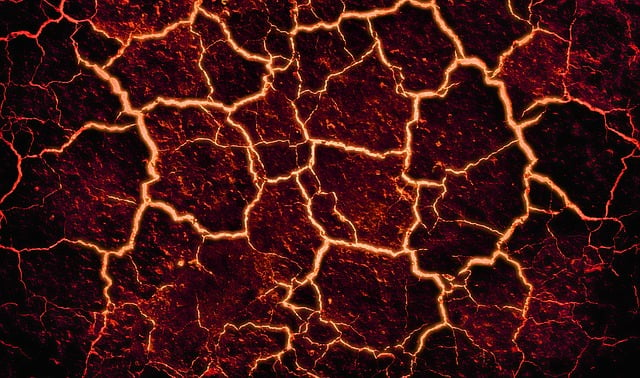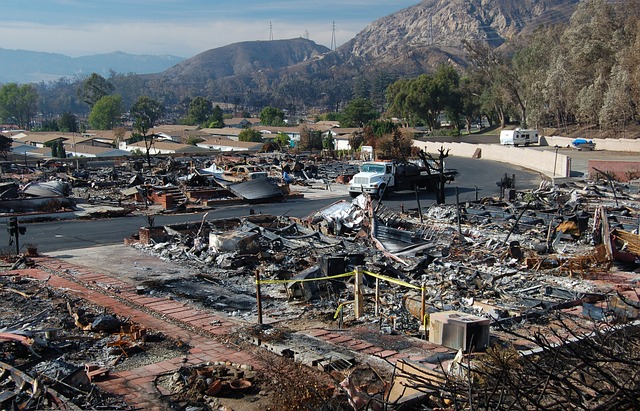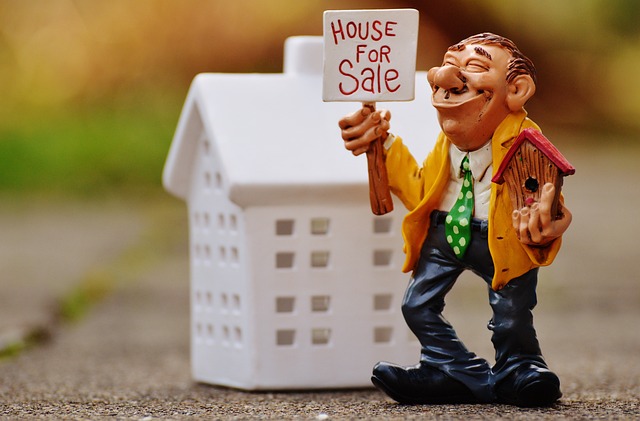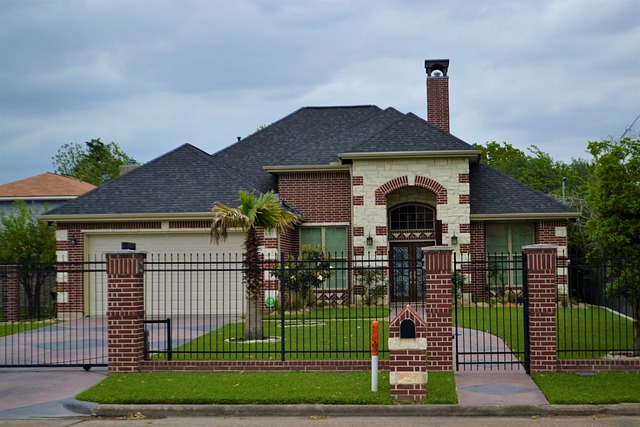Selling a home with fire damage in Houston requires strategic remediation due to hidden hazards, structural issues, and lingering odors that can negatively impact property value. The process begins with an immediate evacuation and professional inspection to assess safety and determine repairs. Comprehensive smoke damage remediation involves cleaning surfaces, deep cleansing textiles, and repairing/replacing damaged areas to restore the home's pre-damage condition, making it more marketable and ensuring future occupants' health. Engaging professionals for targeted, strategic strategies enhances selling prospects while securing fair prices in Houston's competitive market.
Smoke damage remediation is a critical process for Texas homeowners, especially after fires ravage their properties. In this comprehensive guide, we explore the intricate journey of recovering from smoke damage in Texas, focusing on Houston as a bustling metropolis. From understanding the immediate and long-term effects to assessing safety risks and navigating the real estate market, this article offers valuable insights for those selling a home with fire damage in Houston. Discover effective restoration methods and crucial steps to mitigate potential losses.
- Understanding Smoke Damage: The Immediate Impact and Long-Term Effects in Texas Homes
- Assessment and Safety: Steps to Take After a Fire in Your Houston Home
- Restoration Process: Effective Methods for Cleaning and Repairing Smoke-Damaged Properties
- Selling with Fire Damage: Navigating the Real Estate Market in Houston, TX
Understanding Smoke Damage: The Immediate Impact and Long-Term Effects in Texas Homes

Smoke damage from a fire can leave a profound and lasting impact on Texas homes, both visibly and structurally. The immediate effects are often readily apparent: charred walls, singed furniture, and an overwhelming smell of smoke. But the true extent of the damage might not be fully realized for weeks or even months after the event.
Long-term consequences can include hidden issues like weakened structural components, corrosion on metal surfaces due to water used during extinguishment, and persistent odors that infiltrate every nook and cranny. For those planning to sell a home with fire damage in Houston, understanding these potential problems is crucial. Prompt remediation is essential not only for the safety of future occupants but also to mitigate financial losses during the resale process.
Assessment and Safety: Steps to Take After a Fire in Your Houston Home

After a fire in your Houston home, assessment and safety should be your top priority. The first step is to ensure everyone’s safety by evacuating the premises immediately if not already done so. Once safe, contact local emergency services or a professional remediation company to assess the extent of the damage. Fire and smoke can leave behind hidden hazards like hot spots, hazardous gases, and unstable structures that require specialized knowledge to identify and mitigate.
A thorough inspection is crucial for determining the best course of action when selling a home with fire damage Houston. Professionals will check for structural integrity, assess the presence of toxic substances like lead or asbestos, and evaluate the potential for mold growth due to water damage from fire suppression systems or broken pipes. Understanding these factors is essential for planning effective remediation and ensuring the safety of future homeowners.
Restoration Process: Effective Methods for Cleaning and Repairing Smoke-Damaged Properties

Smoke damage remediation is a specialized process designed to restore properties affected by smoke and soot, especially in scenarios like a house fire. In Houston, where real estate markets are competitive, effective restoration can be key for homeowners looking to sell their smoke-damaged homes. The first step involves assessing the extent of the damage. Professionals inspect every corner of the property, from walls and ceilings to air ducts and fixtures. This thorough evaluation helps in tailoring a remediation plan that addresses all affected areas.
Cleaning methods vary based on the type of material damaged. For structural components like walls and floors, professionals use advanced cleaning solutions and equipment to remove smoke residue and odors. In many cases, especially with carpets and upholstery, steam cleaning is effective for deep cleansing. Repair techniques range from repainting and replacing affected surfaces to sealing or repairing air ducts to ensure clean air circulation throughout the home. Restoring a property to its pre-damage condition not only prepares it for sale but also safeguards the health of future occupants.
Selling with Fire Damage: Navigating the Real Estate Market in Houston, TX

Selling a home with fire damage in Houston can be a challenging task, but with the right approach, it’s definitely possible to navigate this real estate market successfully. The first step is to assess the extent of the smoke and fire damage. Major structural issues or extensive blackening of walls and ceilings may require significant remediation efforts before prospective buyers will consider the property.
Engaging professional smoke damage remediators can significantly enhance the home’s appeal. These experts not only remove visible signs of fire but also address any lingering odors, which is crucial for attracting buyers. In Houston, where the real estate market is competitive, presenting a well-remediated property can make your home stand out while ensuring you secure a fair price despite the initial damage.
Smoke damage remediation is a complex process that requires professional expertise. Understanding the immediate and long-term effects, assessing safety, and implementing effective restoration methods are crucial steps in recovering from smoke damage in Texas homes, particularly in Houston. For homeowners considering selling a home with fire damage in Houston, navigating the real estate market demands careful preparation and knowledge of the restoration process to ensure a successful transition. By following these guidelines, you can effectively restore your property and navigate the market, ensuring a positive outcome for both your recovery and sale.






